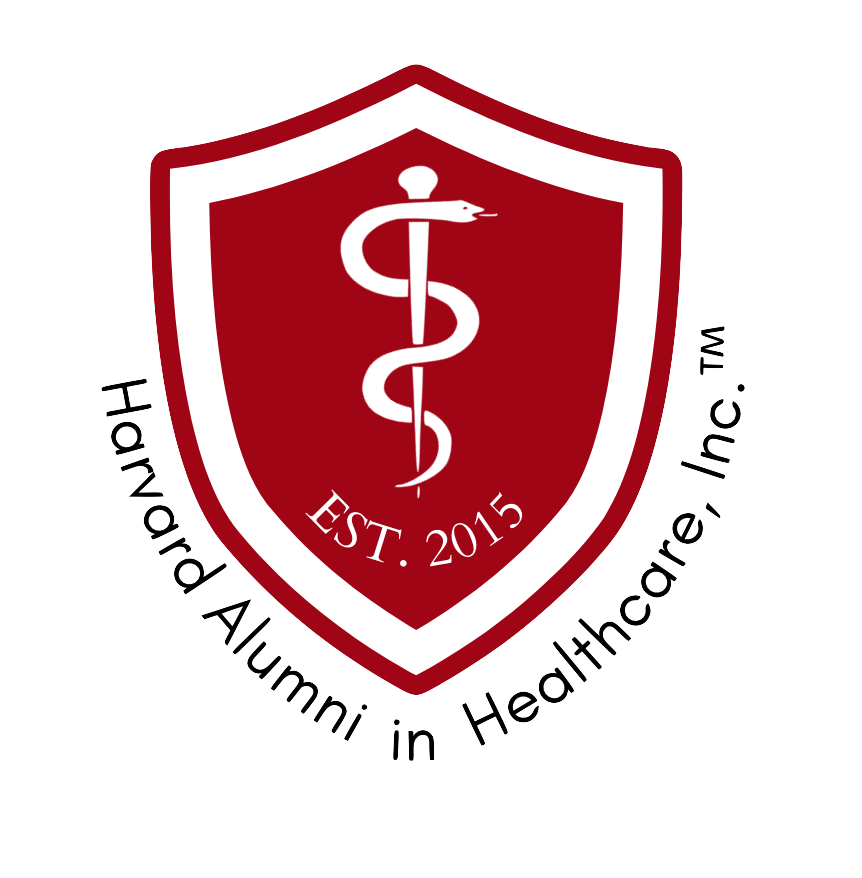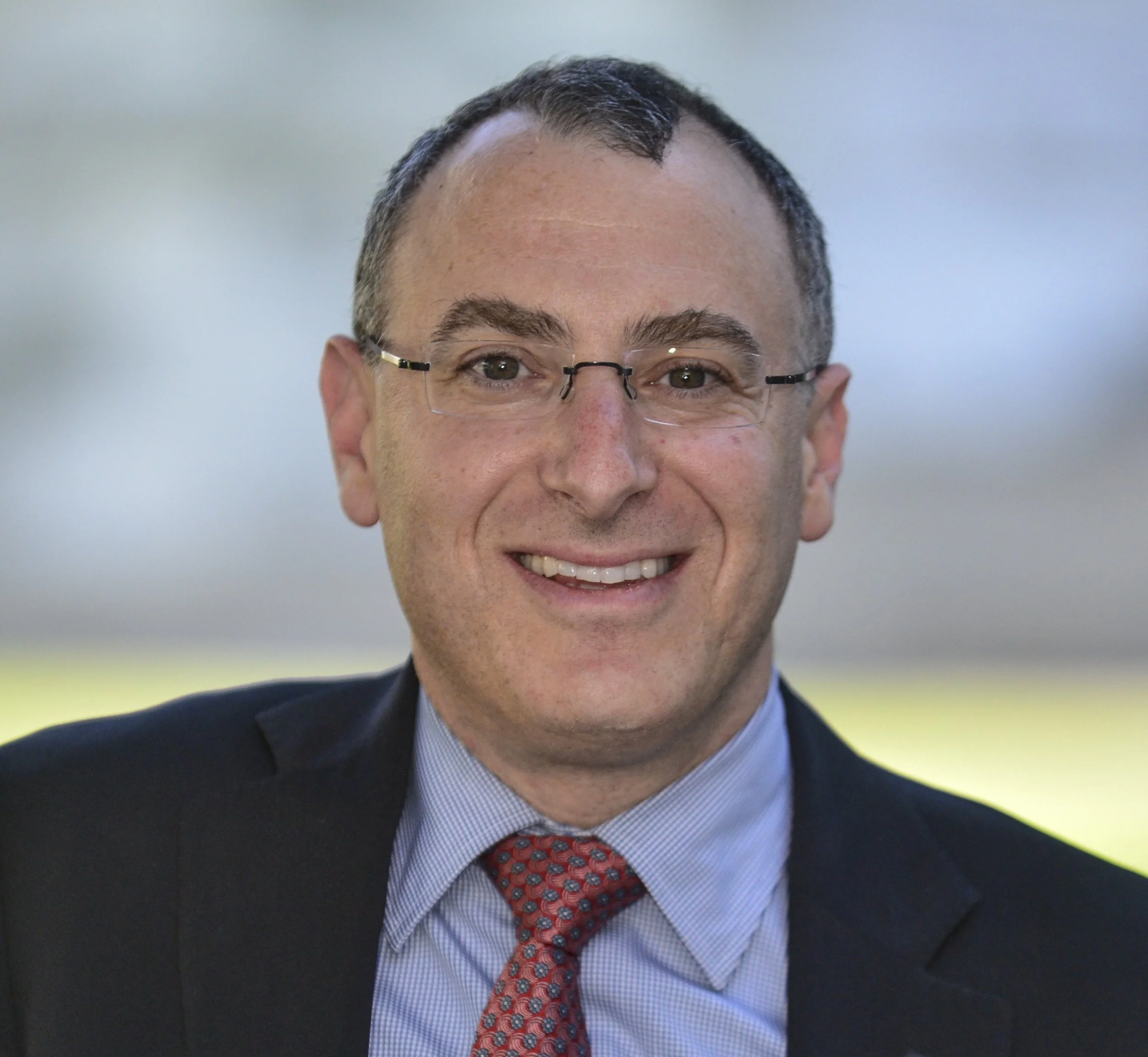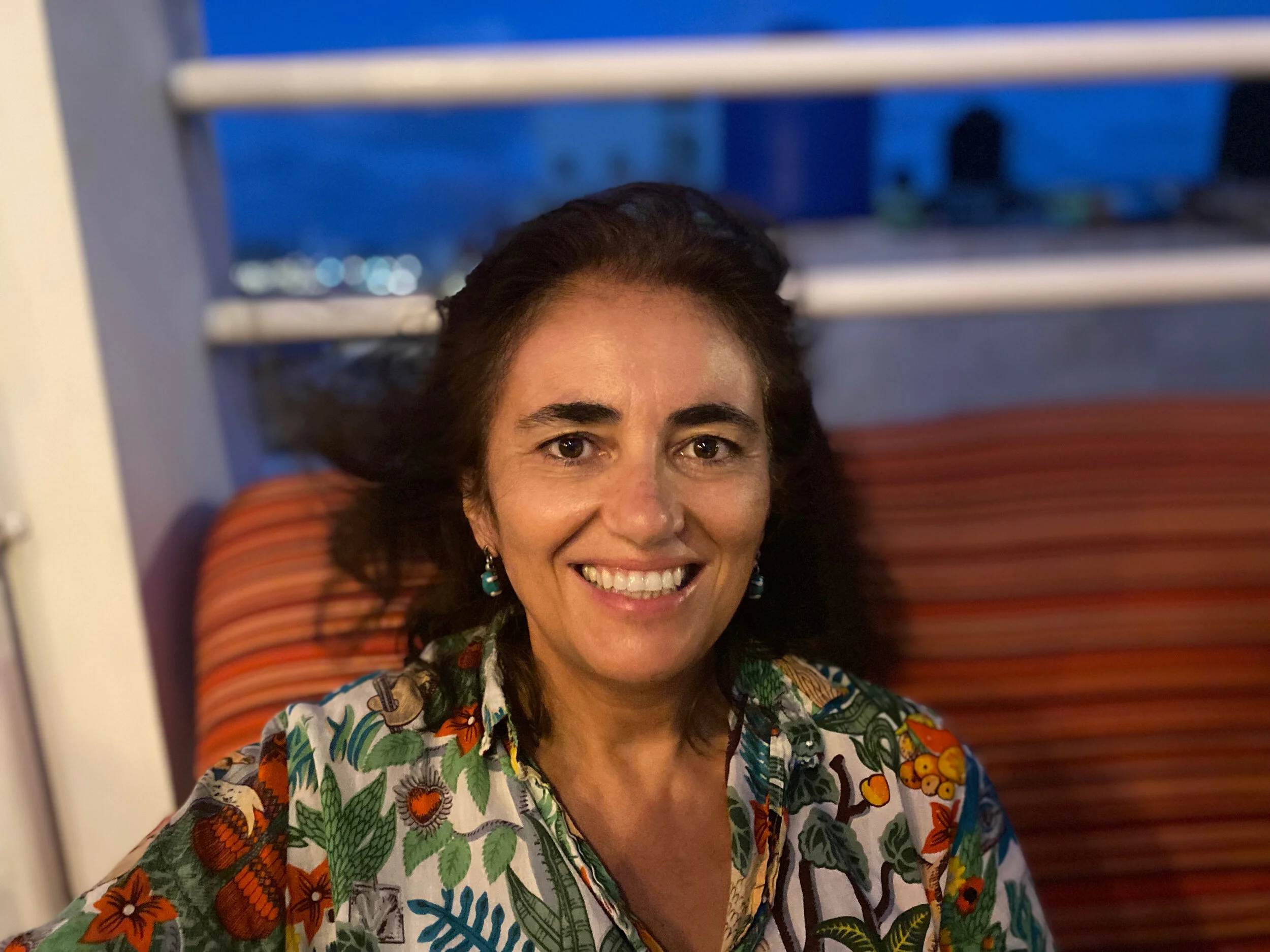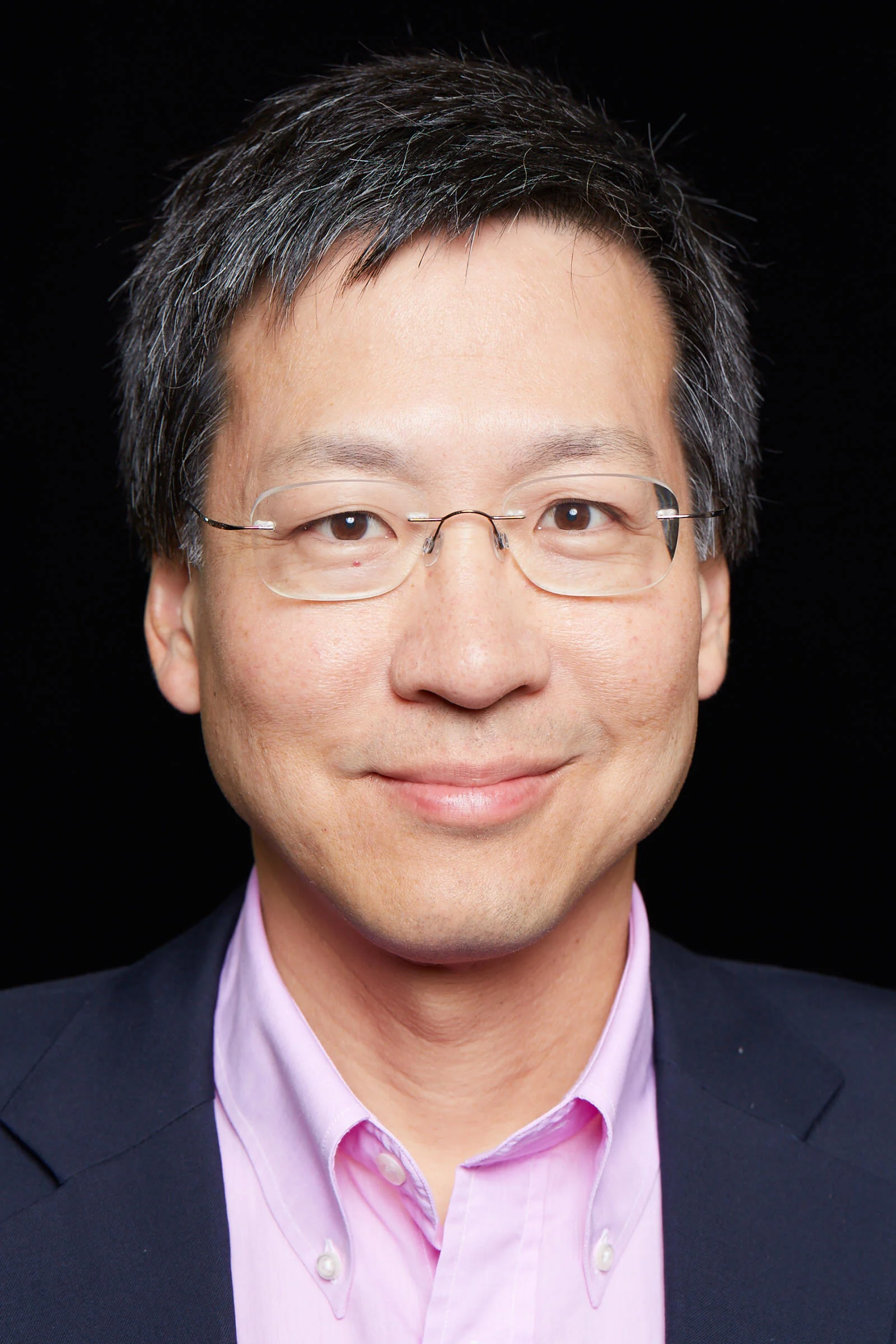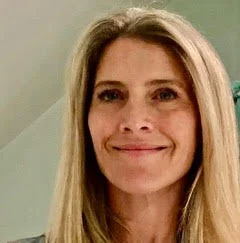These days, we try to explain the complexity of health care to many who work in or adjacent to health care. Some of our most successful programs across External Education have involved teaching people about the challenges of modern health care and inspiring them to create solutions to some of the thorniest problems. Health care is still incredibly variable around the world, and we see that when we host medical educators from around the world at our IMPACT conferences. We are trying to advance the best in medical education through what we do at HMS, and it has been great to interact with other medical education leaders from around the world to share what we are doing here. The challenges of the last year and a half of COVID have made it increasingly clear that we are all facing the need to adapt how we teach and how we practice so that we can prepare future doctors as best as we can.
Read MoreWhen I became Dean, I shared with a friend that I believe public health is both everywhere and nowhere. When public health is really working and we are doing our best, then we as an entire society— maybe even the world— take public health for granted: when the water is clean, when road traffic accidents are averted, when pathogens are detected early and contained. But when there are failures, such as in Flint, Michigan with massive contamination of drinking water, or when a pandemic happens, we tend to see public health as “failing.” The positioning of public health within a University, within society, and globally is always fraught with being underappreciated and undervalued. So, the way we overcome that is to continue to amplify our voices and to define what public health means.
Read MoreWhat really motivates me to do my work is designing research studies in collaboration with colleagues in the countries where I work. All the research is always targeted to improve health policies and clinical protocols, so it is gratifying to see how some of the results of these recent studies lead to positive change.
Read MoreI always feel overjoyed when I’m in the room with another patient, another Black patient especially, and they see me in the room as their provider. I just feel like they can trust me so much more: they can talk to me, open up to me, or they express those feelings. I had a patient say to me, “I’ve been told this before, but I did not understand why; thank you for making this make sense.” It’s just so common that people don’t know why they’re taking the medication they’re taking, why they’re doing what they’re doing or getting the imaging results that they need to get. So it’s nice when I get to have moments where I can actually talk with people and connect with them on a personal level, and then really make sure that they’re able to manage their own health independently.
Read MoreWith so many options, I think it’s important to make an effort to hear from people beyond those who are most accessible to us - who are often people just a few years ahead of us in training, or who we otherwise encounter in the course of our academic training. That’s one reason why I’m happy to be working with Harvard Alumni in Health Care, which gathers all sorts of people with interesting and varied health care careers.
Read MoreKristin is a rheumatologist currently located in the greater Chicago area. She completed her MPH at Harvard ('21), internal medicine residency at Brigham and Women's Hospital, and rheumatology fellowship at Massachusetts General Hospital.
Read MoreI want to bring medical services to areas where they are not as easily accessible, speaking as someone who identifies as coming from a low income background. I definitely know how intimidating the healthcare system can be with insurance policies and all and also in interacting with healthcare providers, so I can’t imagine how much more daunting it can be if you are actively being put at a disadvantage by the government. I want to bring what I learn in medical school and beyond to where it can be most useful.
Read MoreIn my field, even as it is very heavily woman-dominated, we still experience gender imbalance and microaggressions. We will have patients look at us and say, “But you’re not a male, so how can you be a surgeon?” All these biases also come out at all levels of training. But when I talk to my colleagues who are in general surgery, like trauma surgery or orthopedics, many times they are the only female in their group. That’s a very different world from mine, where I have only one male in my group. Pay imbalance is also still very real in every field. There’s actually a lot of research on gender inequality in medicine now (finally). That being said, we still have a long way to go before we reach true workplace equality, not just in medicine, but in every industry.
Read MoreMedical anthropology and the history of medicine were so helpful to me as I pursued a career in medicine because these fields explore how medicine is a reflection of what matters most to any culture. You become much more experienced in listening and becoming aware of different values and belief systems. I think it also helped me understand not just the person, but to reflect on the socio-historical context of my patient's family and community.
Read MoreI had a network of supportive people at Harvard. My pre-med advisors touched base with me and made sure I was checking off all the boxes as I went along. I found a lot of support with the people in the financial aid office as well. My father passed away in my sophomore year of college. I went to the financial aid office, and within an hour my aid package was reassessed to meet my increased needs and they provided me with a great summer job. I found support wherever I needed it. Deciding to go to medical school was a fairly abrupt sea change for me. In situations like this, you rely on external support and input to help push you along.
Read MoreI work so much hands on for thousands of hours on the ground with children, and I’ve done this for more than 10 years. I’m always with them. I know what their brains need, what they are interested in, so I have this unique interaction that will make a change. I am passionate about what I am doing, because it really helps children and I can achieve developmental shifting and overcome their atypical symptoms.
Read MoreIt has given me joy to this day as an art appreciator and an art collector. I knew that I didn’t want to major in a hard science. I wanted to be a humanities concentrator. I found a wonderful, cohesive, small group of people in the Art History Department and took all my classes in the Fogg Museum. It felt like home to me. However, when I discussed my concentration plans with my pre-med advisor at the time, unfortunately, it was met with a lot of negativity. He told me I could never get into Medical School as a humanities concentrator. But I decided to stick to my guns and worked alternative summers at NYC museums helping to curate modern art shows. My goal to go to medical school never wavered. Fortunately, my premed advisor was wrong, and I did get in.
Read MoreEarlier, in March, I sat down via Zoom with Harvard Business School alum, Jannine Versi, COO of Elektra Health to talk about her company, what she and her colleagues are doing as disrupters in the marketplace and the conversations surrounding womxn’s health, and how we here at HAIH can help support them. It felt inspiring, especially in light of it being Women’s History Month, and Versi makes you want to take action and be an ally.
Read MoreI've had quite a few challenges in my life, but those are the lessons that made me stronger. As an immigrant, I had to work extra hard just to fit in. First, as a Russian kid who didn't speak any Spanish in Ecuador, and then as a teenager when my family relocated to the USA due to political persecution. Education was not the first priority in our hierarchy of needs.
Read MoreWhat I’ve been doing to move us in the right direction is, at any type of gathering with friends, whenever I hear something that is “factually incorrect” outside of opinion, I do make it a point to provide as much of a science-based counter/explanation as is possible. I’ve also been engaging with some media, primarily in India, trying to start a podcast that brings rational scientific thought into the space.
Read MoreWhen I came to Harvard as a freshman, I noticed that so many Chinese students were bilingual and had a much broader sense of their ethnicity and were proud of their Chinese heritage. In a search to reacquaint myself to my Chinese heritage, sophomore through senior year, I took three years of intensive Mandarin (it met Monday through Friday, at 8 am, even through reading period).
Read MoreI’ve had a fairly circuitous career path. In college, my concentration was biology, but I chose to take computer science classes. At the time, bioinformatics was not even a field. Afterwards, I went off to Microsoft for six years, then to Duke first as staff and then as a faculty member, and I am now serving in state government in a public health position.
Read MoreWildlife, the natural world and veterinary science have much to contribute to human medicine. Finding these insights in remote deserts, lush forests, and deep oceans is the focus of my work.
Read MoreWhen I was on my internal medicine rotation, we spent a lot of time on an inpatient service and got to know our patients who spend a lot of time with us. At the time, I took care of an older gentleman who came in with a mysterious constellation of symptoms and ended up having pretty advanced cancer.
Read MoreI’ve worked on hemophilia for so long, and one of the most satisfying things to me was when we had our first patient enrolled in a trial begin to show signs of improvement. He was a 23 year old nurse with two small children, and growing up he needed infusions of clotting factor concentrate twice a week.
Read More